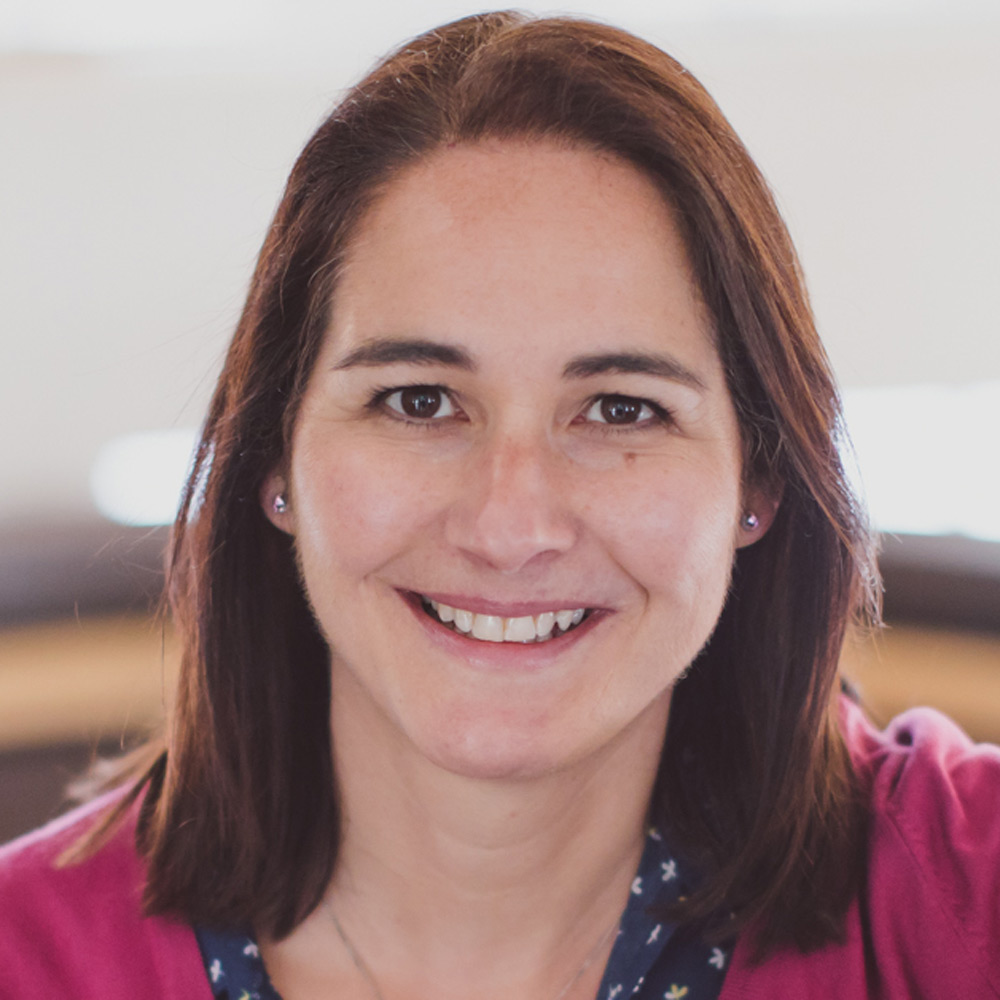We heard this week that the YUFE network has been successful in its bid to become one of the first 17 networks funded by the European Commission to pilot the concept of a new European University model. Our Chief of Staff, Monica Illsley, tells us more.
Having worked on the bid over the last year with the seven other research intensive, student-focussed universities from across Europe*, we have built strong relationships, based on mutual understanding and trust, and we are excited about what we can achieve together and to advance the missions of our individual universities.
While we have been preparing for the possibility of a positive outcome, now that it is a reality and our network has been funded (€5 million over the 3-year pilot phase with the prospect of further funding should our model prove successful), we each need to put in place mechanisms to enable our Universities to work together to implement the commitments set out in our bid.
A summary of what we have undertaken to do is available now, but what I hope to do through this blog is to try to share a sense of the vision and of what this week’s success means for our University.
The European Commission’s vision is to support the creation of a number of truly European Universities which it sees as:
- transnational alliances of higher education institutions from across the EU that share long-term strategy and promote European values and identity;
- inter-university campuses around which students, doctoral candidates, staff and researchers can move seamlessly;
- Universities that will pool their expertise, platforms and resources to deliver joint curricula covering various disciplines;
- with students having the flexibility to personalise their education, choosing what, where and when to study and achieve a European degree.
But how do we go about making it a reality and how might our students and staff benefit? Each network has put forward its own distinct model that it will test during the pilot phase. As a YUFE member, we envisage:
- giving our students and staff access to a range of opportunities at seven other young research universities in seven different countries;
- building a YUFE-wide education system that is open, accessible and inclusive, founded on the central principle of putting students at the forefront of everything we do;
- designing and delivering YUFE Open Programmes (at all study levels) that will make Europe-wide higher education and seamless physical and virtual mobility a reality for students;
- YUFE-wide education and research collaborations that will focus on contributing to addressing key current and future global societal challenges (ie European identity and responsibilities in a global world; Citizens well-being; Digital societies; and Sustainability);
- our graduates having the opportunity to achieve an additional YUFE Diploma Supplement recognised throughout Europe which they will earn through accumulating recognition of mobility, language learning, professional training, work experience and community volunteering;
- our academic and professional services staff benefiting from a range of enhanced YUFE-wide career and development opportunities;
- enhanced working with our region (through Essex County Council) and the regions of the other seven partners who have all committed to a range of initiatives including: tapping in to the YUFE Talent and Expert Pool and to knowledge-creating and knowledge-translating Challenge Teams made up of students, researchers, citizens and professionals from the public and private sector who will work together to seek to better understand and address global, regional and local challenges; building entrepreneurial capacity; and enabling meaningful community volunteering.
We will share our experiences with our partners, benefit from their expertise and experience, and develop initiatives together for the benefit of current and future students and staff.
We cannot be sure what the impact of the UK’s exit from the EU might be for our involvement in YUFE. What we do know is that it is precisely through our involvement in these kinds of initiatives that we hope to be able to maintain and grow our European links for the benefit of our students and staff. We are fortunate to have established strong partnerships in recent years with 17 European Universities through our membership of Young European Research Universities Network (YERUN). It is this alliance that led to us being invited to join YUFE and I have no doubt that it will continue to open doors for us to collaborate with universities in Europe. In the meantime, our YUFE partners value the unique contribution that we can make to the alliance and the significant commitment that we have made towards ensuring the successful bid and have agreed unanimously that Essex should continue to be a full member of YUFE for as long as, and in whatever way, possible.
As we move into the delivery phase, we will provide further updates about how staff and students can get involved with this exciting new initiative.
*YUFE full partners are: Maastricht University (Netherlands), Carlos III University of Madrid (Spain), University of Antwerp (Belgium), University of Bremen (Germany), University of Cyprus (Cyprus), University of Eastern Finland, University of Essex, University of Rome Tor Vergata (Italy)
YUFE associated partners are: European Entrepreneurs CMA-PME, Kiron Open Higher Education, Nicolaus Copernicus University of Torún (Poland), The Adecco Group (France), The Educational Testing Service Global, The University of Rijeka (Croatia)
